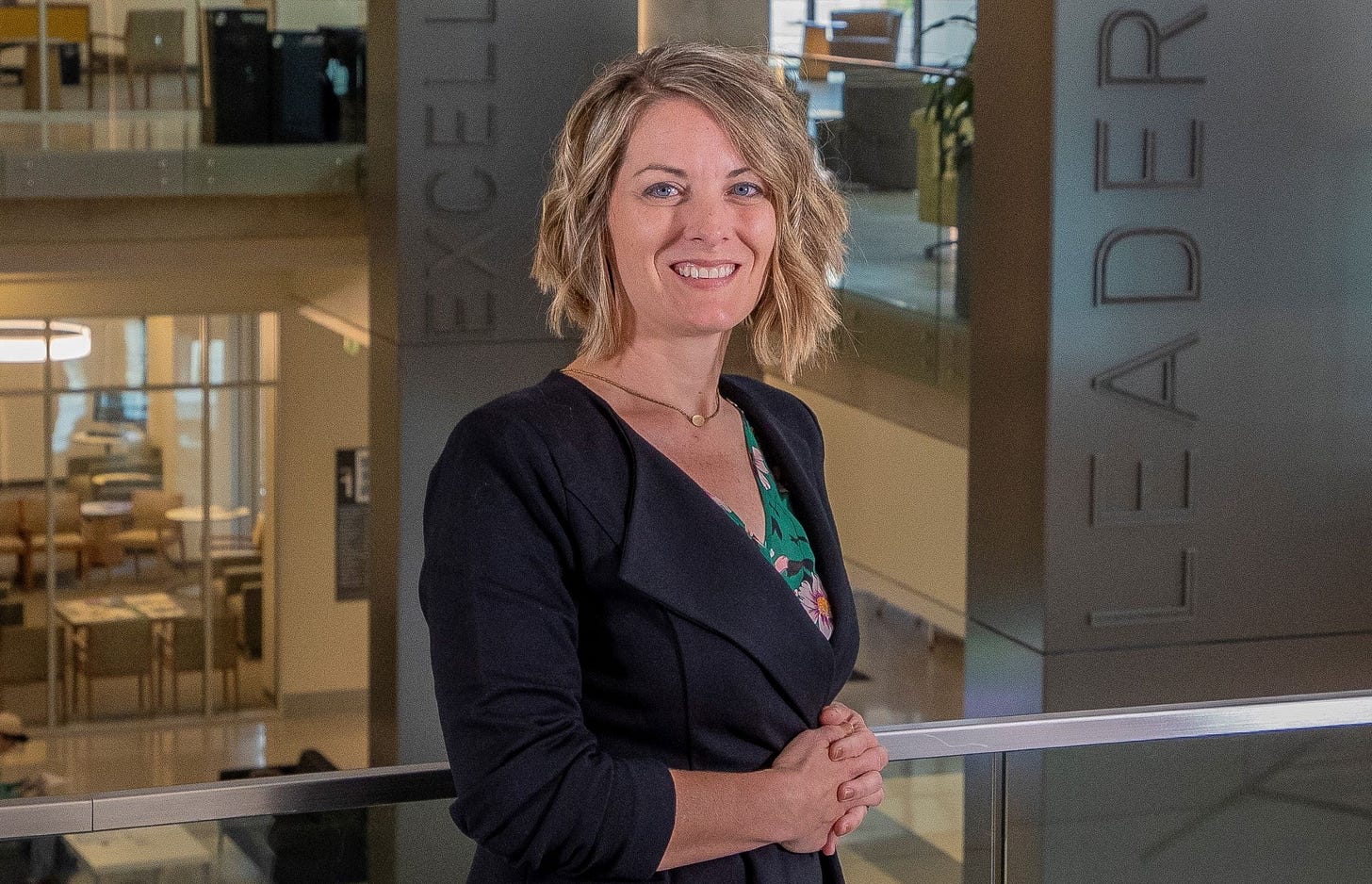People may be made to feel as though they are weak, perceived as such, when they are doing the right thing or working to hard in an attempt to do so. Yet perceptions and feelings aren’t always what is reality.
“Peacemakers are not doormats,” asserted Sara Jansen Perry, PhD and a professor of management at Baylor University’s Hankamer School of Business, in the article, 10 Tips to Communicate More Effectively.
One reason is that such professionals, “actively work to find ways to connect,” she said.
Peacemakers may not always experience themselves as empowered and strong and critics may not either. That’s not necessarily fact, evidence and proof of those beliefs.
There is special acumen and a particular, invaluable focus taking place.
Find Points of Connection,
Even When There is Disagreement
“One of the classes I teach is negotiation and conflict resolution,” Jansen Perry said.
”We teach a model of integrative negotiation, which is about gains for all sides, or win-win solutions. It is about collaborative problem solving rather than positional bargaining or mere compromising.
“In this approach, we have to work to actively uncover the interests of our counterparts, as well as ourselves.”
She elaborates as to what that means.
“Interests include the underlying needs, desires, motivations and values that we all have, and they are often the thing we need to focus on, rather than the surface-level conflict, which we call positions in this model,” Jansen Perry explains.
“We push for full achievement of all top priority interests on all sides wherever possible, including for ourselves and our counterparts.”
When emotions are strongest, the best part of ourselves will serve us best in working through difficult conversations, disputes and larger conflicts.
"On certain hot-button issues, you are unlikely to change someone’s mind,” Jansen Perry has said. “Rather than trying to convert them to your way of thinking, which can quickly backfire, make 'connection' the higher goal."
This next-level understanding is wisdom. She talks about what that "higher goal could be and a reliable path to achieving that end.
“This is a fundamental tenet of an approach we call negotiation jujitsu in my classes,” Jansen Perry begins. “This is about reacting in unexpected ways to help de-escalate conflict and emotions, in an effort to really uncover the interests mentioned above.”
The pursuit remains, “collaborative problem solving, or creating more value for all sides — myself and others — which requires more creativity and more patience in understanding what everyone really wants and needs,” she stresses.
This requires adjustments in process thinking and expectations.
“Sometimes it’s taking a longer view, focusing on building a relationship that will create value in and of itself,” Jansen Perry offers as a worthwhile effort.
“The higher goal might be the connection and opportunities in the future; it is this bigger-picture perspective, rather than just doing a transaction or ‘beating’ someone in an argument.”
What comes from building relationships?
“… as goodwill builds, there will be opportunities to discover more and more points of connection around contentious issues,” Jansen Perry said in the Baylor-published article.
“People want to help people they trust and with whom they have a good relationship,” she says. “They are also more likely to open up to and to listen to people they trust.”
Relationship considerations are intelligent, important checkpoints in interactions.
The map to establishing and nurturing that trust is accomplished by “looking for common ground” because “that helps us see each other as humans, rather than as positions to be fought or conquered, which builds trust and goodwill,” Jansen Perry explains.
There are encouraging realities to be learned that may seem far fetched at first.
“Often, even people who have very different ideological mindsets can actually agree on some very foundational values and sometimes even end goals….they just have different ideas about how to get to the end goal,” Jansen Perry says.
“All of the work in uncovering interests mentioned above can help us get to know someone better and uncover these points. Another relevant point is value hierarchies. These are the priorities we place on our values. We can often agree on values overall, but we just might prioritize them differently.”
Credibility, trust, process and relationship are important focus points in professional interactions in the micro and macro.
“When we build goodwill with someone, we recognize their right to have a different value hierarchy than us and we look for areas where we can respect each other, even if we don’t agree,” Jansen Perry points out.
This is best done, she adds, when, “We keep focused on humanity of our counterparts, not just the positions they state or fight for.”
That is, of course, not emotionally or psychologically easy. We may feel the urge to forget, dismiss or reject their humanity, which leads to unwanted, self-inflicted trouble.
Strongly considering what Jansen Perry recommends opens up welcomed possibilities.
“This helps us collaborate to solve problems,” she teaches, “and continue learning from diverse perspectives over the long term, even if we don’t agree on a short-term issue.”
This newsletter normally publishes Tuesday, Thursday and Sunday, with occasional articles on other days. To advertise, link to your business, sponsor an article or section of the newsletter or discuss your affiliate marketing program, contact CI.








